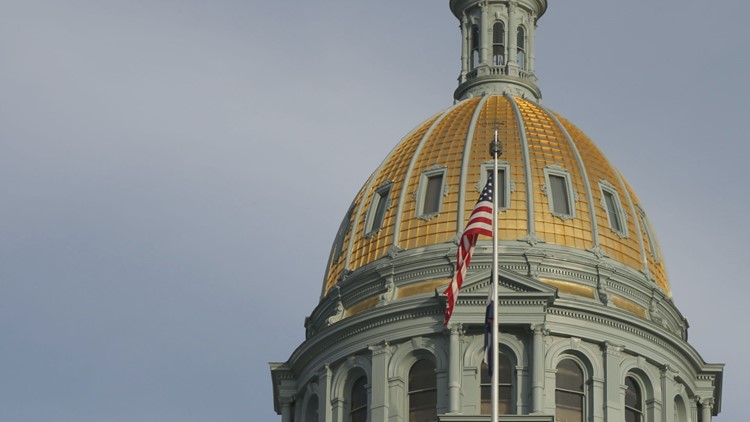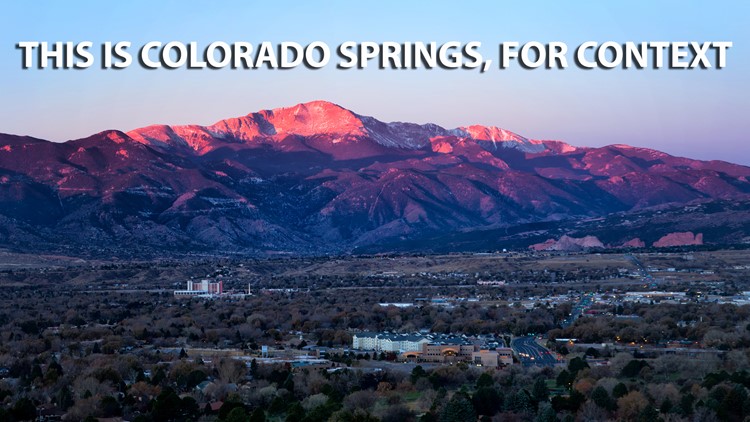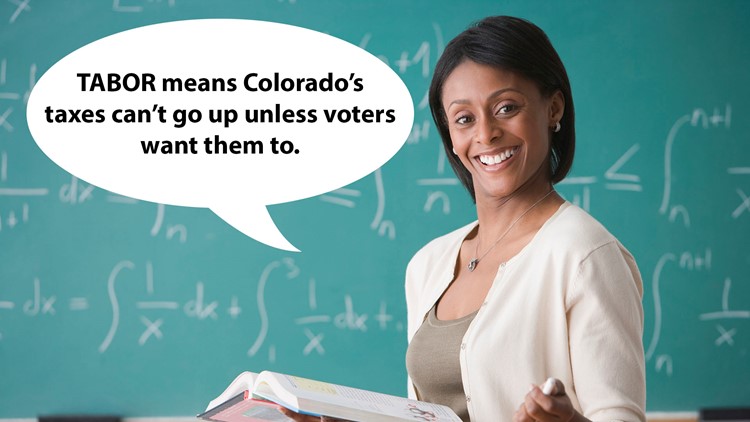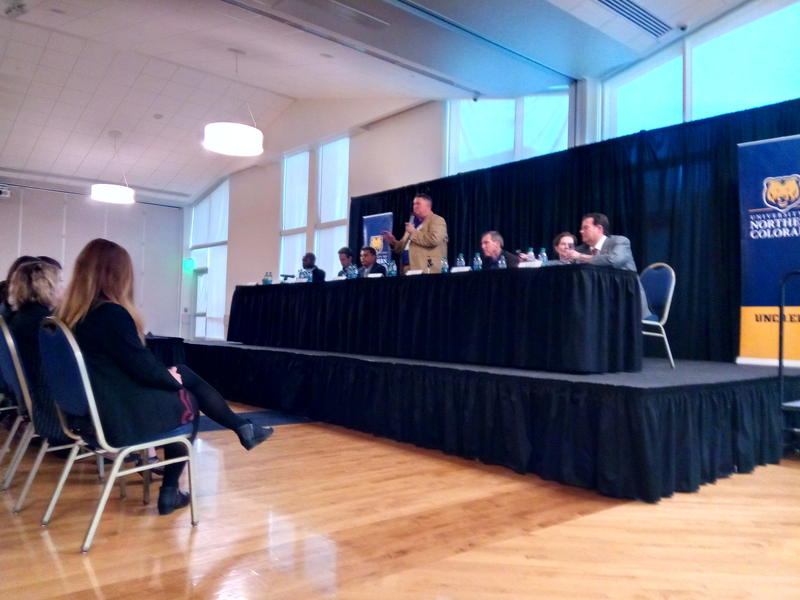POLITICSNEWS
The Growing Fight Over Forcing Nonprofits to Disclose Donors

Lawmakers and conservatives in states across the country are growingly concerned that the push for donor disclosure will harm privacy rights. (Photo:JGI/Jamie Grill Blend Images/Newscom)
Conservatives in states across the country say that pushes to pass laws requiring nonprofits to report their donors’ private information threaten First Amendment rights.
“I’ve been contacted by dozens of constituents with concerns over their rights to privacy, and possible harassment by organizations or individuals, or even their employers, if their donation histories are made public,” Oklahoma state Rep. Mark Lepak, a Republican, told The Daily Signal in an email.
At least a dozen states have considered such donor disclosure legislation this year, but none has been successful, according to the State Policy Network, a nonprofit organization that supports independent think tanks around the nation.
“Since Jan. 1, 16 states have considered laws that would require causes and groups like The Heritage Foundation to report the names and addresses of their supporters to state government,” Tracie Sharp, president and CEO of the State Policy Network, said in an email to The Daily Signal.
Heritage, a leading conservative think tank, is the parent organization of The Daily Signal, its multimedia news operation.
None of these donor disclosure initiatives has passed so far, Starlee Coleman, senior policy adviser at the State Policy Network, told The Daily Signal in a phone interview.









